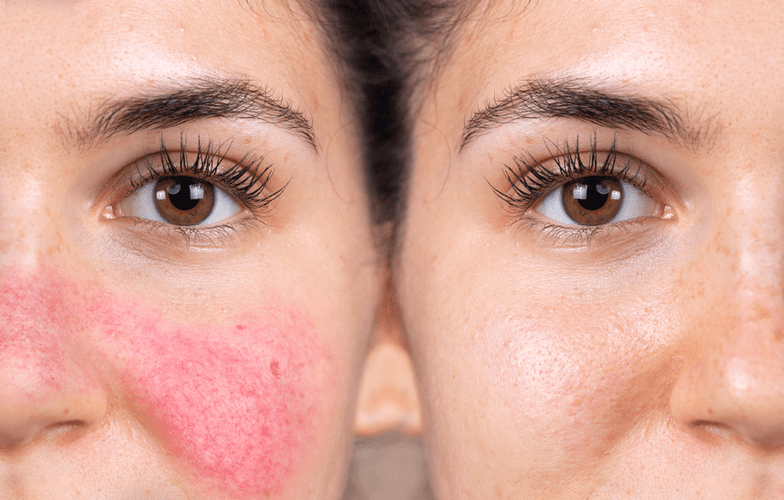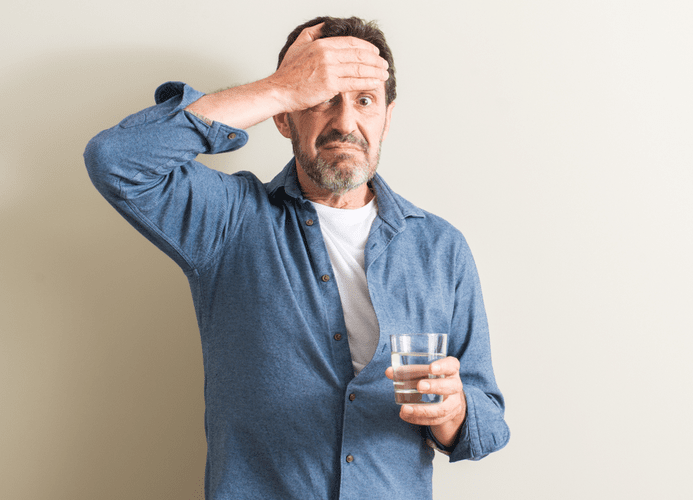A medically monitored detox program allows clients to deal with their withdrawal symptoms while under the care of medical professionals. If you really want help with your withdrawal and recovery, rehab might be a good place to start. In an alcohol rehab environment, you would get an opportunity to work with addiction treatment professionals who are trained to lead you down the path of recovery. Please http://www.race-nights.co.uk/BeachNightClubs/night-clubs-in-cocoa-beach-fl keep in mind that symptoms may vary in severity, and you may not experience the full list below. It’s vital you speak with your treatment team before you stop drinking so that potentially dangerous symptoms can be avoided. While cirrhosis scars from excessive drinking are irreversible, quitting alcohol and leading a healthier lifestyle can help your liver heal from alcohol-related liver disease.
Symptoms of Alcohol Withdrawal: Timeline and Signs of Danger
- Meanwhile, the brain is producing more and more neurotransmitters, making a person further imbalanced.
- It becomes overexcited because there’s no more alcohol to slow it down.
- The goal is to safely and gradually decrease your dependence on alcohol so that you can resume your daily life.
- Do not hesitate to seek medical attention during any phase of alcohol withdrawal.
Comprehensive patient care entails acute management and outpatient support in the hospital setting. In the inpatient setting, nurses perform frequent assessments that inform the treatment plan. Following alcohol cessation, alcohol withdrawal syndrome typically presents as minor symptoms such as mild anxiety, headache, gastrointestinal discomfort, and insomnia. This syndrome can further progress to severe manifestations, such as alcohol withdrawal delirium, which poses significant diagnostic and management challenges. Mild symptoms may progress to alcohol hallucinosis, characterized by visual or auditory hallucinations that usually subside within 48 hours after alcohol cessation. Withdrawal seizures can occur in patients within just a few hours of alcohol cessation.

Stage 3: 24 to 48 hours after last drink
A 2022 study from the Frontiers in Psychology journal found that TikTok is the most highly addictive of all social media platforms. Heavy alcohol use is expensive, potentially costing you $800 each month or even more. Stopping alcohol won’t just put a bit of extra change in your pocket; it has the potential to have a sizable impact on your income http://joomla.ru/docs/books/1815-cms-security-handbook and the lifestyle you can live. Alcohol causes inflammation in the lining of your stomach, causing bloat and other digestive issues. By your second week, your gut will begin to heal, and many of these issues will start to subside. You may notice less heartburn, gassiness, bloating and stomach pain, and your bowel movements may become more normal.
- If you experience PAWS, your doctor may prescribe gabapentin to help you manage your symptoms.
- This does not mean that a mental health condition will necessarily go aware when you stop drinking but abstaining from alcohol use can improve your symptoms and lead to better treatment outcomes.
- If you or someone you know shows signs of delirium tremens, go to the emergency room immediately.
- Alcohol withdrawal may cause uncomfortable chest symptoms that can damage the heart.
- In these cases, you’re likely to receive one of the various medications, such as benzodiazepines, the most successful in these cases.
- Withdrawal symptoms occur during detox, a natural process where the body works to remove toxins from the system and reach a new equilibrium.
Alcohol Withdrawal Symptoms: Severities & Timelines
- For the vast majority of people, the physical symptoms of alcohol withdrawal have passed by day seven.
- Many people with alcohol use disorder hesitate to get treatment because they don’t recognize that they have a problem.
- Having an understanding of what causes TikTok addiction and knowing the signs of it can help people identify what elements trigger its excessive use.
- A high fever, hallucinations, and heart disturbances are all reasons to seek immediate help.
You have a better chance of making a full recovery if you receive prompt medical attention. Most symptoms will typically peak five days after they begin and will begin to decrease about five to seven days after they begin. However, certain food groups also have benefits when it comes to helping with the discomfort of withdrawal symptoms and detoxification. In the fourth week of abstinence from alcohol, the benefits keep piling up, according to the reports of those who remained sober for more than three weeks. “I am feeling better than I have in a while, a long while. I still have a few side effects like sleeplessness, anxiety, irritability, and I crave sweets all the time.” “I’m very irritated at times. I feel really good about my choice to quit drinking. I have headaches often and I have weird and bad dreams. Every night I dream that I’m having a drink again.”
- Contact your doctor right away if you’re concerned about the symptoms you’re experiencing during alcohol withdrawal.
- Stopping alcohol won’t just put a bit of extra change in your pocket; it has the potential to have a sizable impact on your income and the lifestyle you can live.
- If you suddenly stop drinking or significantly reduce the amount of alcohol you drink, it can cause alcohol withdrawal.
- Some have the same symptoms as on day one and ask, “How long does this last?” The urge to relieve those withdrawal symptoms with a drink can be overwhelming.
- By your third week of abstinence, your blood pressure levels will become more healthy, potentially allowing you to discuss with your doctor the possibility of decreasing or even stopping blood pressure medications.

This is a potentially life threatening complication for which you may require medical attention. When a person stops drinking alcohol after frequent or heavy use, the brain and body have to readjust to the chemical imbalances. It is possible to http://www.rock-n-roll.ru/details.php?mode=show&id=1078 develop severe symptoms such as delirium tremens within the first 48 hours, according to the Alcohol Rehab Guide. These result from the activation of brain and nerve cells that happens when you remove alcohol from your body following heavy use.
